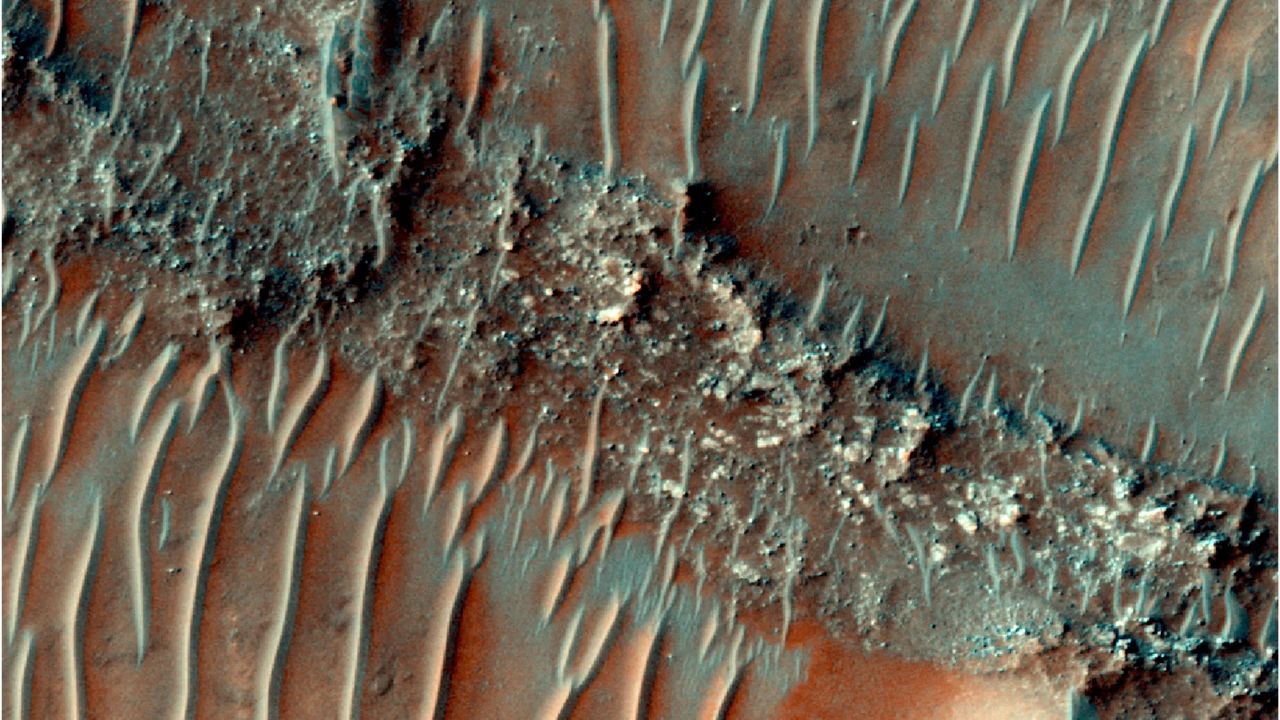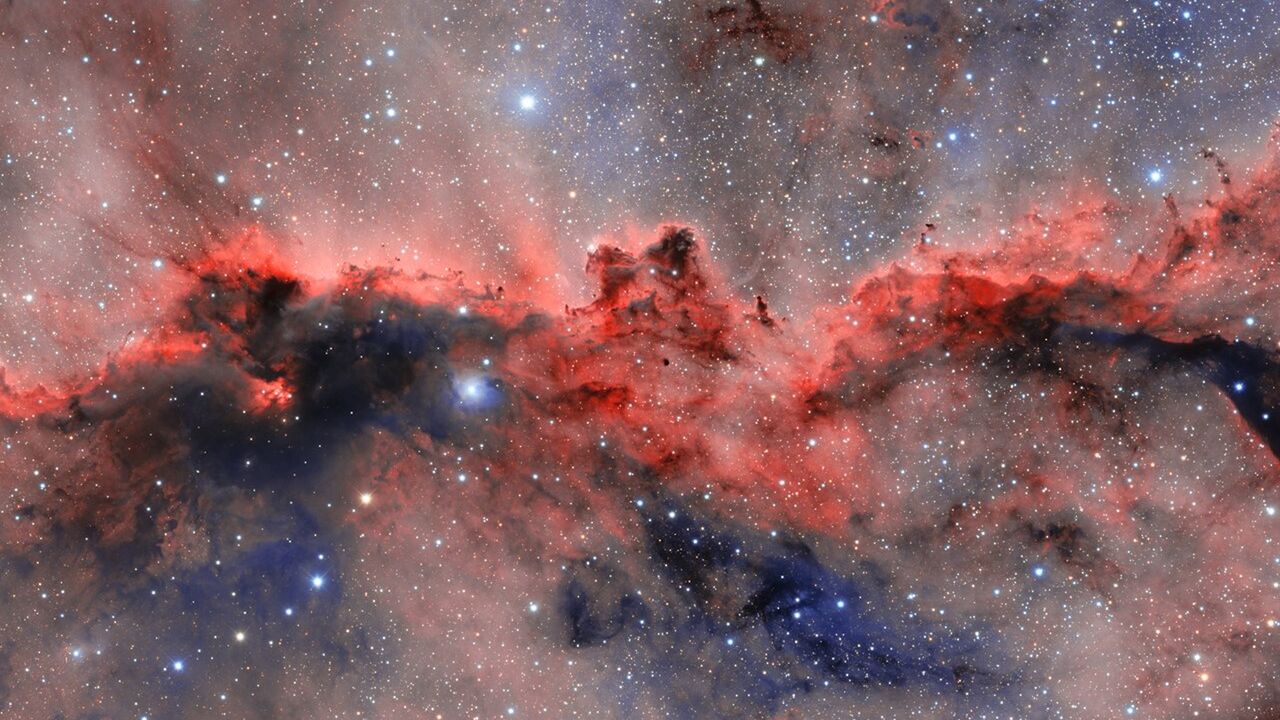Now Reading: Did Mars Host Life 3.7 Billion Years Ago? Study Suggests Rainy Conditions
-
01
Did Mars Host Life 3.7 Billion Years Ago? Study Suggests Rainy Conditions
Did Mars Host Life 3.7 Billion Years Ago? Study Suggests Rainy Conditions

Swift Summary
- A new study based on Mars’ Noachis Terra region suggests the planet was rainier and wetter than previously thought.
- Ancient inverted river channels stretching over 9,000 miles have been discovered in the region.
- These channels were formed by sediment deposits left behind after water run-off or evaporation billions of years ago, which hardened over time while surrounding areas eroded away.
- The finding was enabled by data from NASA’s HiRISE camera, Context Camera, and MOLA instrument on earlier Mars missions.
- Unlike prior research focusing on classical river channels, this study highlights inverted ridges as evidence of stable climatic conditions during Mars’ Noachian-Hesperian transition (~3.7 billion years ago).
- the likely source was precipitation (rain, hail, or snow), indicating a wet climate with numerous rainy days during Mars’ ancient past.
- Study leader Adam Losekoot presented these findings at the Royal Astronomical Society’s National Astronomy Meeting held in Durham.
!Mars Surface Image
!Ancient River Bed Image
Indian Opinion Analysis
The findings offer critical insights into how planets evolve over geological time scales. For India’s scientific community-which has contributed substantially to planetary exploration through missions like ISRO’s Chandrayaan and Mangalyaan-this reinforces the importance of sustained international collaboration to deepen humanity’s understanding of extraterrestrial environments.
India’s space program could leverage such discoveries by tailoring future Martian exploration efforts toward areas with potential signs of ancient life or geological transitions akin to Earth’s own evolution. Building research capacities focused on analyzing planetary surfaces can also bolster India’s role in global space science consortia.
Understanding that another planet once shared Earth-like conditions emphasizes our fragile ecosystem here-a timely reminder for policymakers as India balances development with environmental sustainability. Scientists worldwide must unify thier efforts to ensure continued breakthroughs that expand human knowledge about both distant worlds and our own.




























